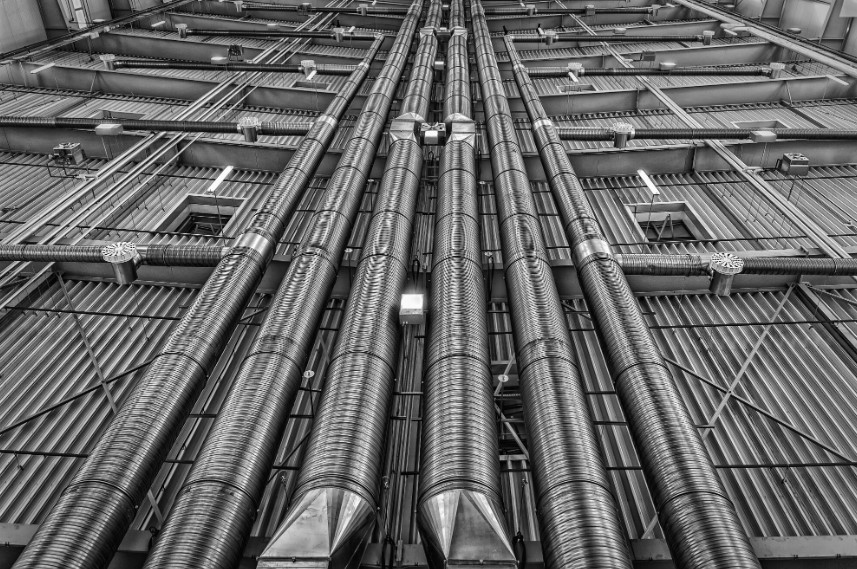What are industrial pipes?
If you work in the industrial engineering field, you know that you rely on many different pipes. You need pipes to transfer oil, water, and more within your facility. You also need to know what the pipes are made of, what their uses are, and how to pick the right one for your needs.
The article below covers all you need to know about pipes used within industrial engineering by going over pipes materials and their uses. Keep reading to learn the need-to-know information about industrial pipes.
Aluminum Industrial Pipes
Industrial pipes and their materials, uses, designs, and severe service valves play a crucial role in the industrial sector. It is used in heating and ventilation systems, sewers, and conveyance of fluids, aluminum pipes have low thermal conductivity and high electrical conductivity. With its ability to be extruded in complex shapes and sizes, aluminum pipes can be designed to suit different uses.
Aluminum pipes are sturdy and therefore can withstand high pressures and temperatures, giving it the flexibility to use in pipelines, construction, and machinery applications.
Galvanized Steel
Galvanized steel has properties that make it resistant to corrosion, making it a go-to material for industrial pipe fitting. This steel also has the strength to withstand even the most extreme pressure and temperatures. There are various designs available for industrial pipes, one of which is smooth-walled and another is corrugated.
Smooth-walled pipes have a seamless design that takes up less space and, therefore, is easier to install and use. Corrugated pipes, on the other hand, are designed to be more rigid, making them ideal for underground installations.
PVC
PVC industrial piping systems can be used in a variety of ways, including in chemical plants, food processing plants, and water treatment systems. The pipe sections come in a range of shapes and sizes, offering versatility and customized fit to the needs of the project.
It is also a great material for zones where there are extreme temperature and pressure conditions, offering protection to the rest of the system.
Stainless Steel
This type of steel is resistant to corrosion and is durable, making it a popular choice for long-term piping and infrastructure projects. Stainless steel pipes are preferred for their aesthetic appeal and can be used for a variety of purposes such as conveying liquids and gases, heating and cooling systems, mechanisms for industrial machines and laboratory equipment, and architectural ornamentation.
Their designs vary from seamless, welded, welded-and-redrawn, and many other variations. Depending on the application and purpose, the permutations of wall thickness, the complexity of geometry and finish, as well as size and length, will vary.
Copper
Copper pipes are highly durable and resistant to corrosion, making them a fantastic choice for piping systems in anything from residential to commercial and industrial projects. Copper pipes can handle both hot and cold liquid transfers and are ideal for plumbing, air conditioning, and refrigeration systems. They are also ideal for water delivery systems due to their ability to easily withstand high temperatures and pressures.
Their malleability allows them to be formed into various sizes, shapes, and designs, making them versatile and easy to install.
Utilize the Right Pipe Design For Maximum Performance and Longevity
It is important to research and select the right industrial pipe design that best suits one’s particular application in order to ensure maximum performance and longevity. Consult a professional to determine the right industrial pipe for your specific needs.
Interested in learning more? Then be sure to explore our blog for all of the answers to your question!










